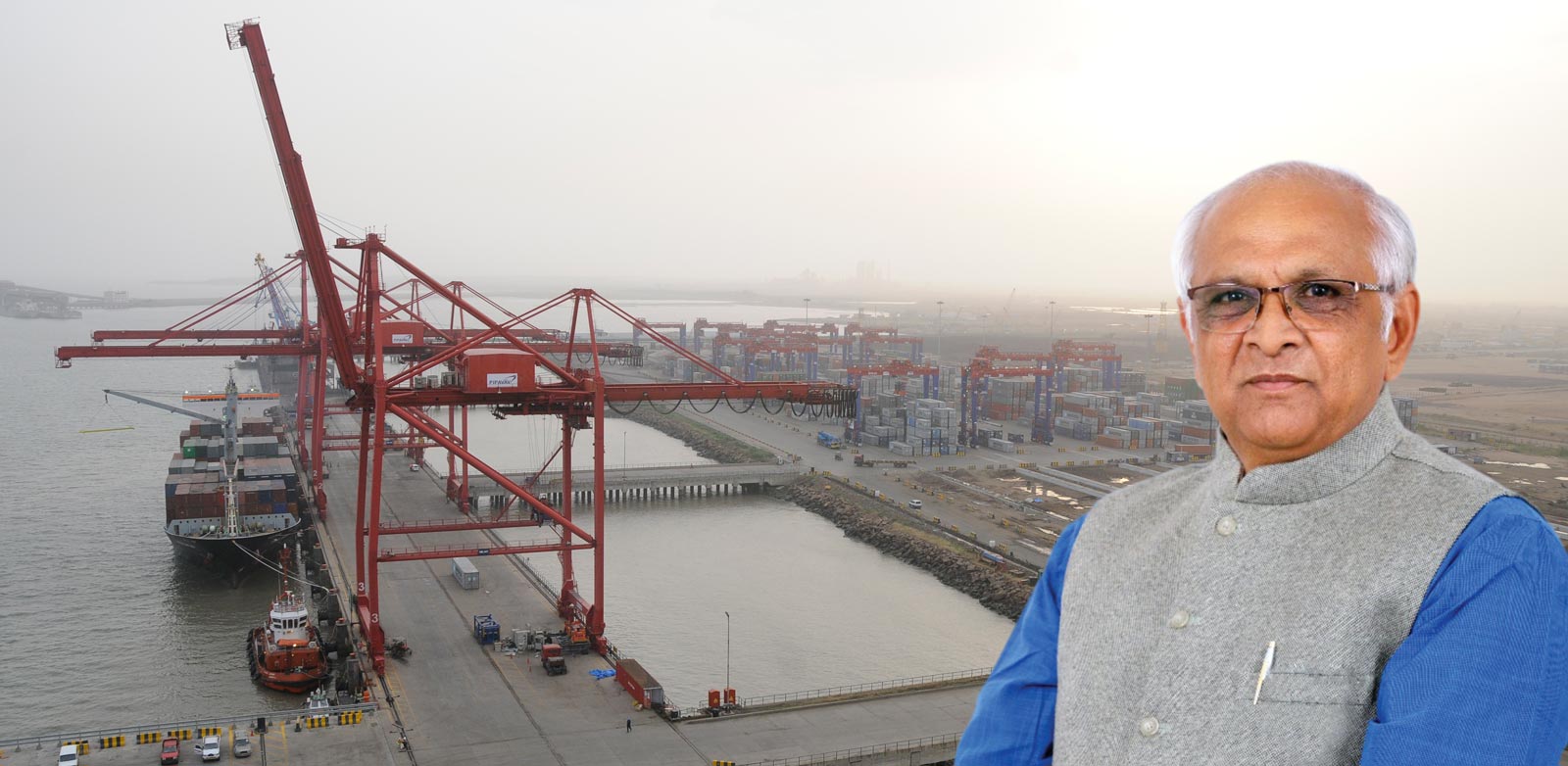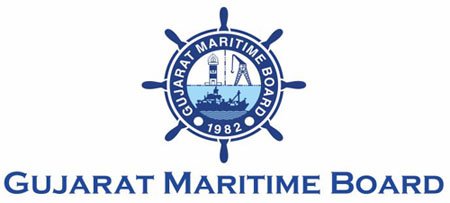
Gujarat Govt clears Six New Maritime Policies to reinforce Port Governance and Coastal Infrastructure

GANDHINAGAR: In a major push to modernise its maritime infrastructure and streamline port governance, the Gujarat Maritime Board (GMB) has secured state government approval to introduce six new sector-specific policies and regulatory frameworks, senior government officials confirmed. The move is part of the state’s broader strategy to consolidate its position as India’s leading maritime hub.
According to sources, the upcoming package includes policies covering shipbuilding and ship repair, land management, land reclamation, and a comprehensive framework for the Vessel Traffic Management System (VTMS) planned for the Gulf of Khambhat. Additionally, two dedicated rulebooks will operationalise provisions of the Gujarat Inland Vessels Act, governing Categories A, B, and C vessels—ranging from commercial crafts to leisure boats within urban waterways.
Officials said the shipbuilding and repair policy is expected to give a significant boost to domestic capacity by promoting new shipyards, dry-dock facilities, fabrication units, marine component manufacturing clusters, and support infrastructure. Gujarat—already home to key shipbuilding pockets such as Pipavav, Bhavnagar, and Hazira—is aiming to attract greater private investment and new-age marine engineering capabilities.
The proposed land management policy will unify multiple circulars, guidelines, and legacy practices into a single governance code covering land that is vested, acquired, procured, reclaimed, or otherwise controlled by GMB. A complementary land reclamation policy will formalise processes for allocating, leasing, regulating, and monitoring reclaimed land—crucial for port expansion projects along the state’s 1,600-km coastline.
A separate framework for the VTMS in the Gulf of Khambhat will outline ownership structures, operational protocols, maintenance standards, and staffing norms for managing vessel traffic in one of the region’s most strategically sensitive maritime zones.
Meanwhile, the impending inland vessel rules—split into separate regulations for Category A & B vessels and Category C vessels (including pleasure crafts under 10 metres)—will detail the procedures for surveys, registration, safety certification, detention, and pollution-control compliance. The rules will align with the Inland Vessels Act, 2021, while incorporating state-specific operational requirements.
Officials noted that these policies collectively mark one of the most significant regulatory overhauls undertaken by Gujarat’s maritime sector in recent years, aimed at ensuring sustainable harbour development, improved navigational safety, and enhanced investor confidence.

